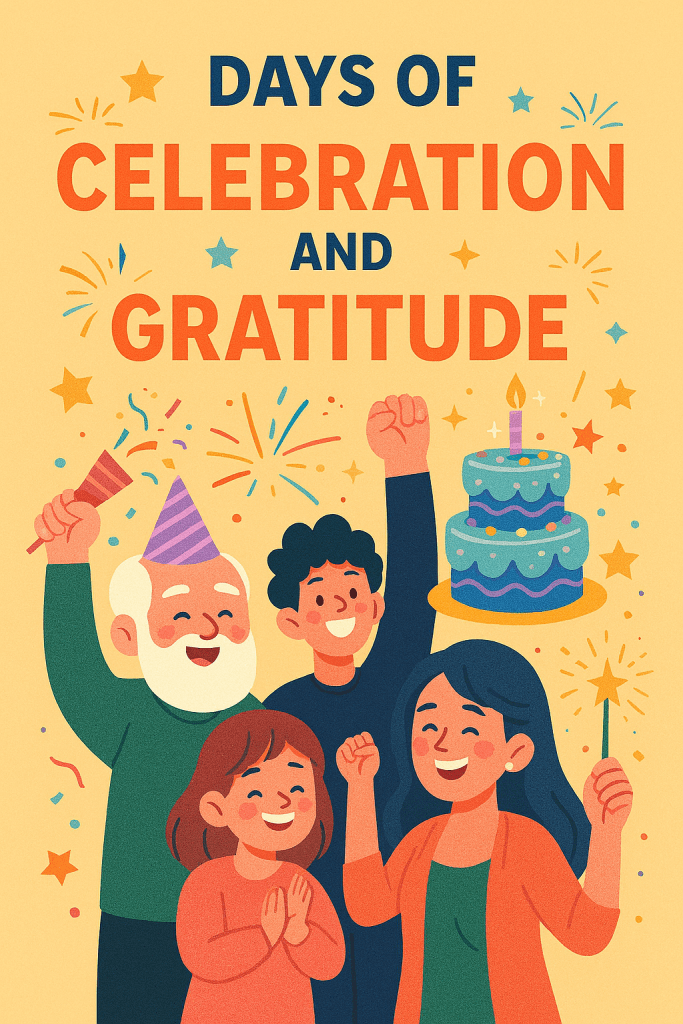It’s the time of year when some of the people you haven’t seen or heard from for awhile may reach out to get together or call or chat or send massive tomes as “Christmas Letters.” (Folks still write those, sometimes, it’s true….) I have a few folks for which this holds true, but there are a couple of old friends I’ve referred to in other posts that get together pretty regularly. We don’t run out of things to talk about, for sure. Aside from the usual catch-up, we have all these intervening years during which we didn’t really keep in touch, plus our shared youths, to consider and reconsider.
Add to this that all three of us are born storytellers, and you have the recipe for a lot of Really Long and Fascinating Conversations.

What is it about telling stories versus just conveying events or facts that is so compelling to so many of us (and drives so many other people utterly bonkers….)? I feel there are several different things, some or all of which call to our story-telling breed inexorably. Some of them include:
- The desire to provide context. The presentation of a simple data point begs (to me..) to place it in what I deduce as a position of context that provides a bit of understanding about what that data point can mean in the environment around it. While most data gets some kind of context, storytellers prefer to give it a LOT of context! This, however, doesn’t play well with the Severe PowerPoint set…..
- Like begets like. When surrounded by other storytellers telling stories, it only feels natural to “fall into the pool” and do like likewise. It is a very comforting a life-giving place to be…
- The story triggers vivid, irresistible memories. These make it difficult to break off or wrap up the story. If well-told, your hearers are drawn along with you. Eventually you realize that you’ve been holding forth for quite awhile and wrap up the current discourse (I have been know to say, out loud “I need to stop talking now….“). This at least gives everyone a time to sit with the memories, or for another one of your storyteller friends to tee up one of their own.
- Storytelling used to be how we conveyed knowledge, experience and belief. Humankind didn’t always know how to write, or read, or anything like that. Verbal was the only way ANYTHING was passed on, and stories lend themselves easily to memory. So, we’re kind of built for it……
Each of those sits atop the next for someone like me. When I was busy working on my graduate degree, my wife (a Ph.D. scientist!) would read my work and come back to me with two primary kinds of feedback:
- Help with my written grammar – I tend to write conversationally.
- A single question: “What is your point here?”
The assistance was invaluable to me, both for the degree and in the following years. The single question she asked has served me well over time until retirement from the corporate world, and serves me well now when I find myself involved in situations that require me to tell a little less story with the conversation.
Nonetheless, storytelling is truly catnip for me (at least as defined as what catnip is to a cat with a serious catnip problem….I have a number of cats, so I know what that’s like….). I don’t know how much of a draw it is to others. I feel that some are more drawn to written storytelling (I have a few friends who are authors, and I see this in them), others to face-to-face conversation (enticing, plus there’s body language to express and observe….), and, thanks to all the story-telling technologies and platforms available now, many more who tell these stories in a lot of ways.
If you are a member of this tribe, leave a note in the comments with a pointer to where we can find and enjoy your stories!












